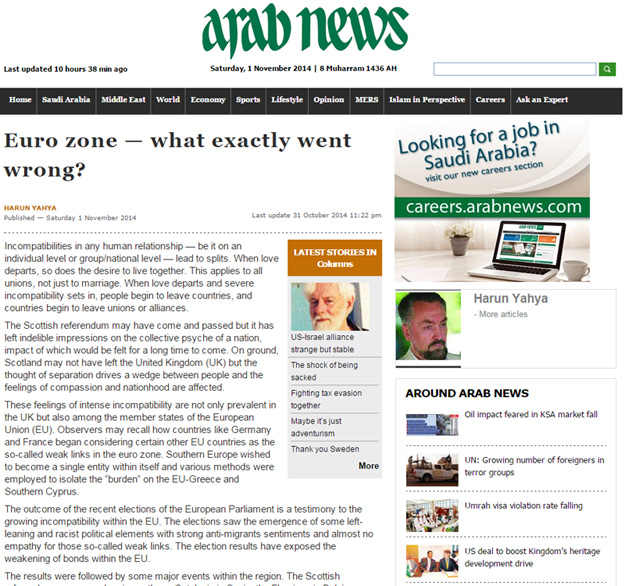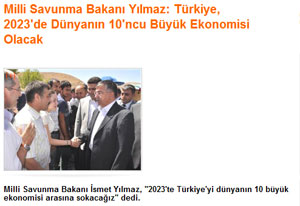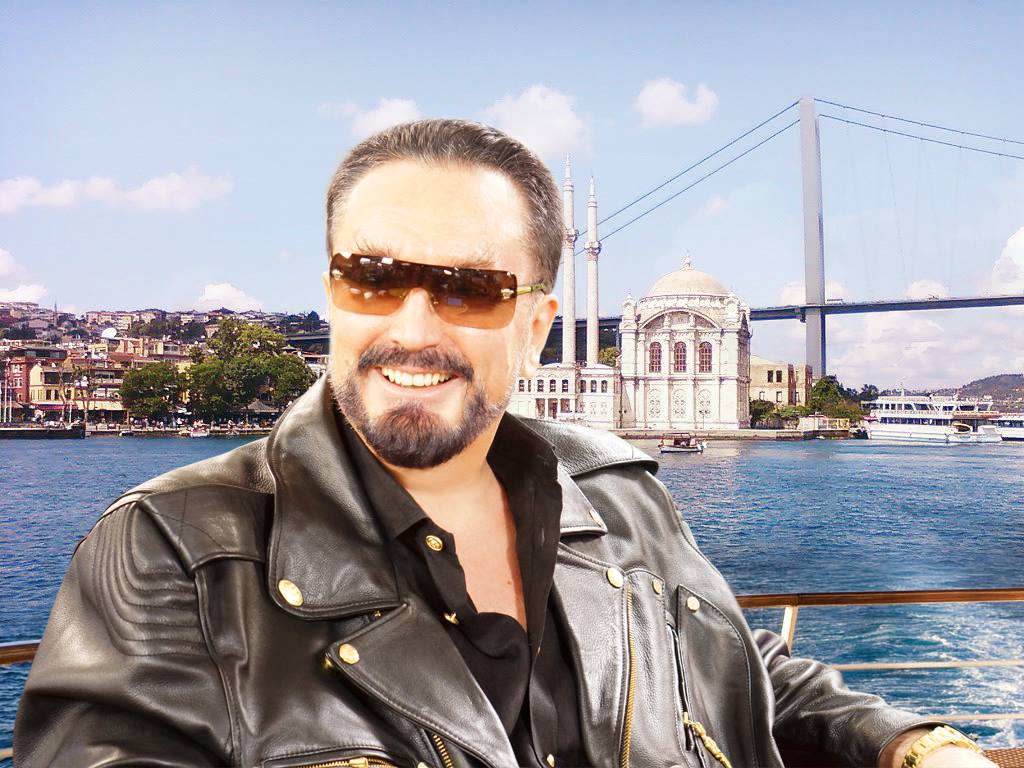Bigotry: The Dark Danger
Euro zone — what exactly went wrong?

.jpg)
Incompatibilities in any human relationship — be it on an individual level or group/national level — lead to splits. When love departs, so does the desire to live together. This applies to all unions, not just to marriage. When love departs and severe incompatibility sets in, people begin to leave countries, and countries begin to leave unions or alliances.
The Scottish referendum may have come and passed but it has left indelible impressions on the collective psyche of a nation, impact of which would be felt for a long time to come. On ground, Scotland may not have left the United Kingdom (UK) but the thought of separation drives a wedge between people and the feelings of compassion and nationhood are affected.
These feelings of intense incompatibility are not only prevalent in the UK but also among the member states of the European Union (EU). Observers may recall how countries like Germany and France began considering certain other EU countries as the so-called weak links in the euro zone. Southern Europe wished to become a single entity within itself and various methods were employed to isolate the “burden” on the EU-Greece and Southern Cyprus.
The outcome of the recent elections of the European Parliament is a testimony to the growing incompatibility within the EU. The elections saw the emergence of some left-leaning and racist political elements with strong anti-migrants sentiments and almost no empathy for those so-called weak links. The election results have exposed the weakening of bonds within the EU.
The results were followed by some major events within the region. The Scottish referendum encouraged various others. Catalonia in Spain, the Flemings in Belgium, Wales in the United Kingdom, Corsica in France and Sicily and Sardinia in Italy all followed the fashion for independence. Although “independence” is a familiar political term, it means breaking away from a country. The feelings of separation only rise to fill the vacuum left by the feelings of brotherhood and compassion.
One of the main reasons for this phenomenon in various countries and particularly among the Europeans is undoubtedly the pursuit of selfish interests at the expense of unity and brotherhood. Countries with high incomes such as Germany, France and Holland are adopting a new policy of Franco-German domination and literally regarding countries of the union in economic crisis as a burden. However, the desire for taking undue advantage of the situation has also struck EU countries with strong economies. That is why The Economist has described the economy of Europe as exceedingly sick in its latest issue.
According to this assessment, while some people concentrate on stagnation in the Japanese and Chinese economies, the real stagnation is taking place in the euro zone. Germany’s growth is slowing down, prices are falling in eight European countries, the region has entered stagnation three times in the last six years and the level of youth unemployment in Italy and Spain is more than 40 percent.
Since the article in the magazine examined concerned the economic aspects of the issue, radical measures such as buying bonds from the Central Bank and stepping up infrastructure spending were suggested. However, it is a known fact that crises increase in times of uncertainty. During such times, neither individuals nor investors wish to spend or invest. They just cling onto the money they have. Money is hidden away because of the crisis, and the crisis just gets worse. The euro zone is being increasingly dragged into a climate of uncertainty. West Africa has ceased being a commercial zone for Europe because of the threat of Ebola, relations with Russia have been gravely damaged because of the Ukraine crisis and the flow of oil and natural gas from key areas of the Middle East has ceased. While all this is going on, European countries have directed their greatest spending toward arms in the framework of the coalition against the ISIL. The cost of a single air operation is $4.5-$9 million, and that of launching a single tomahawk missile is $1 million. Some people may regard stimulation of the arms sector as a pathway to profit. However, changing balances across the world and unexpected disasters have created a dismal situation. Even powerful countries are falling apart.
In the face of this situation, what Europe really needs to be fighting is lovelessness. The self-interest engendered by race, pedigree, country, and national egoism has to a large extent done away with love. As a result, strong countries that should be in charge of the balances in the world have become unable to find solutions to its problems. The way they resort to arms instead of education against radical organizations, their delays in taking measures against epidemics such as Ebola, saying, “This is none of our concern,” and the way they sit back and watch the refugee crisis unfold are some of the greatest manifestations of this. Europe’s problem is not linked to the sale and purchase of bonds and shares, but solely to the growing lovelessness.
The European Union is highly valuable in terms of being a modern and democratic union containing many countries. This union must grow and become stronger and should act like an elder brother providing solutions, not just to its own problems, but also to the issues facing the entire world. We don’t wish to see economies of the European countries suffer. No country can grow strong at the cost of the collapse or destruction of another. Everyone must grow strong together. The purpose of writing this article is, therefore, to draw attention to the real cause and to suggest an appropriate solution.
It should not be forgotten that when people are unhappy, countries always go through uncertain times, from their democracies to their economies. Those troubles can only be brought to an end by making the people happy. Yet if people are constantly wishing to break away from their own fellow citizens, there must be something triggering that lovelessness. Countries have an obligation to seek the cause of that lovelessness among their own people in their own policies, in their own education systems and in their attitudes to other countries. A policy that seeks to solve violence through violence, that encourages the ruthless and entirely materialist mentality of “the strong crushing the weak” in its education system and that sees nothing wrong in encouraging racial and national egoism inevitably sows the seeds of hatred in its people. A nation that hates will hide its money away, turn its back on the poor and always want to break itself up. It should not be forgotten that the economy of a country is a manifestation of the mental state of its society or people. The problem facing the euro zone is therefore not an economic one, but one of its people’s mental state.
Adnan Oktar's piece on Arab News:
http://www.arabnews.com/columns/news/653256
2014-11-01 14:48:34



_04.jpg)

